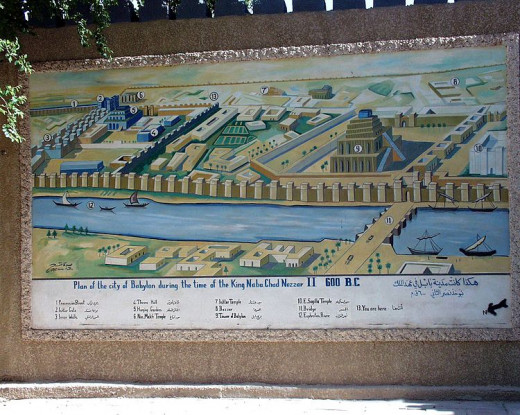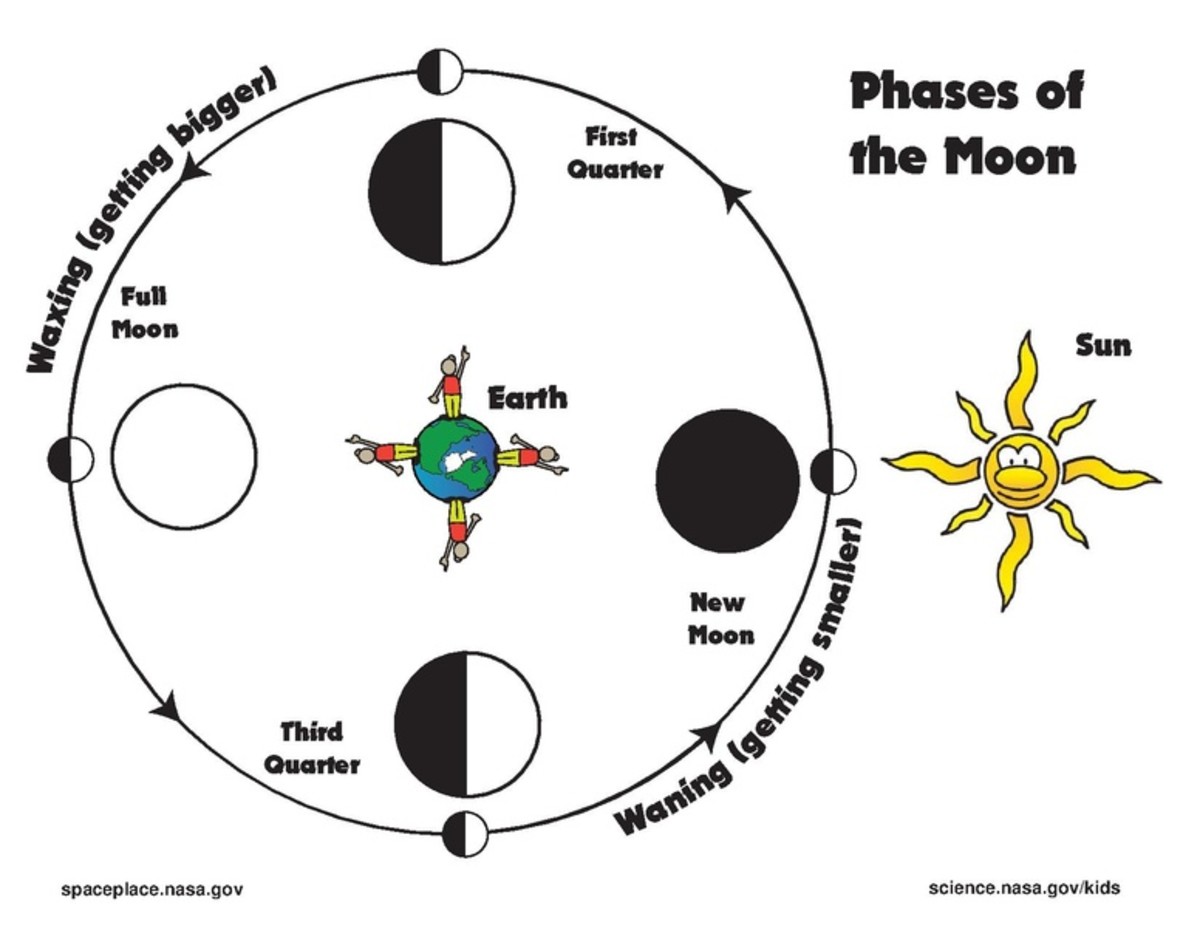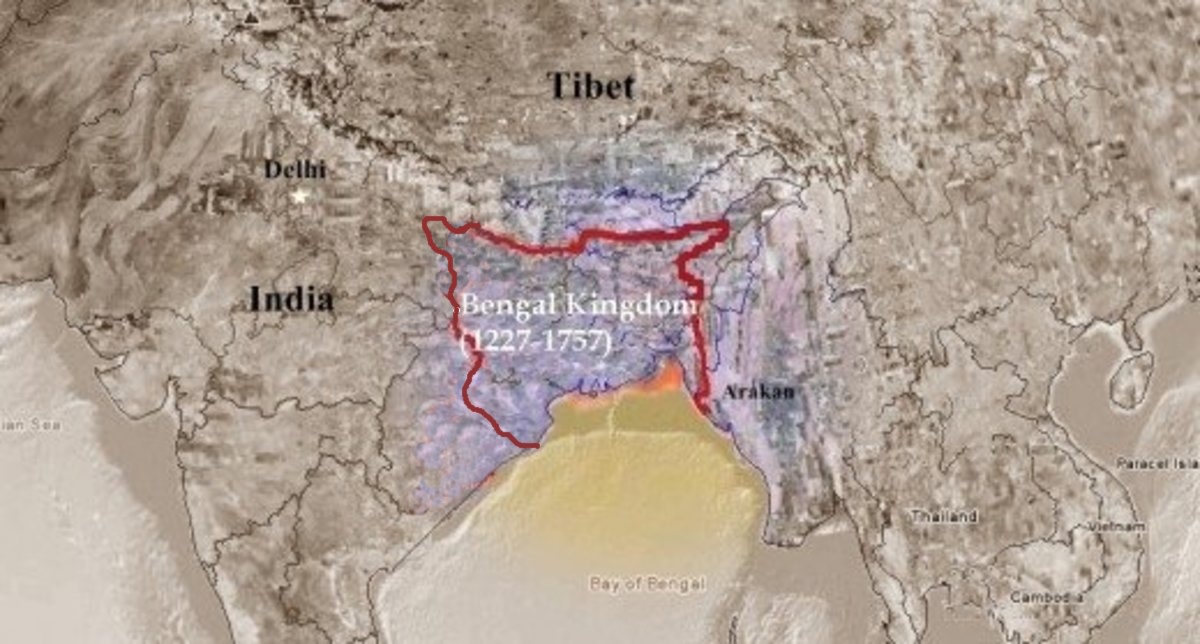How the days of the week were named
We humans have to measure time somehow or other, If we were to arrange to meet in the middle of next week and just turn up when we happen to feel like it’s the middle of the week, we would never get together. So a standard has been set. That standard is based on the one thing common to us all, the movement of the sun and stars. A day is easy, that’s sunrise to sunset and a night is sunset to sunrise. Daylight and night-time vary at different times in the year but sunrise to sunrise is pretty constant so let’s call that, or variations on the theme, a day. By watching the movement of the Sun we can even divide the day up into more precise slices for even greater accuracy.
The seasons have always been of great importance to Human survival. The planting and harvesting of crops and the movement of animals coincide with the four seasons. When added together they equal the time it takes for the Earth to make a full circumference around the Sun. We call this a Year.
Another way of measuring the passing of time is to watch the moon. From the time there is no moon visible, through its growth to full and then fading to no moon again, is fairly constant. This period of time became known as a Month. It was noted that roughly three of these months encompass each season, an important consideration for our agrarian ancestors.
Life isn’t all work. Even for our ancestors who worked hard on the land there had to be time to relax. There had to be a way to make a time to gather together for worship, for play and for getting together just for the fun of it. What was needed was a way to make a time when people would not work, put aside their chores and do other things at the same time. That’s where the week comes in.
Plan of the city of Babylon, 600 BCE

In case you haven't got it yet
Around 1800 BCE The place to be was a city in Mesopotamia, or Iraq as we call most of it today. The City was Babylon, today there are only ruins though attempts have been made to rebuild the city. Back in the day it was wealthy, powerful and where it was all happening. It was happening in the sciences also. Modern astronomy had it’s origin with the astronomers of Babylon and they were the ones who came up with the notion of dividing the Moon cycle into four parts. The division isn’t exact but it’s close enough. They then decided to name the days in a seven day cycle after the heavenly bodies. Quite natural because, as previously noted, all other time calculations are based on what happens in the sky.
To the naked eye it seems that the stars move around in a fairly uniform manner except for seven heavenly bodies that appear to move independently from the others. It was the Greek astronomers, particularly Aristotle that came up with the idea that the Universe revolves around the Earth. The Babylonians had no such concept. They saw the heavens and the earth as one cosmology with the Earth moving in harmony with everything else. From that point of view these independent planetary bodies, counted by their apparent distance from the Earth, would appear to be: Moon, Mercury, Venus, Sun, Mars, Jupiter and Saturn. The days of the week were named after these “Planets’ as the ancients called them. The other thing that the Babylonian astronomers did was to place philosophical and religious meanings to the movement of all heavenly bodies. So the order of the week days had more to do with their concept of the divine and the Gods they honored. So we have; Sun, Moon, Mars, Mercury, Jupiter, Venus, and Saturn.
Saturday and Sunday are too much fun to sing about so we'll stop at Friday.
Most of the languages in the world follow this pattern of naming the days. The main exceptions to the naming rule are; Hebrew and English. In Hebrew the days of the week are numbered with Sun’s day being Yom rishon literally “First day” all the way to Venus’ day or Yom shishi “sixth day” Saturn’s day is called Yom Shabbat literally “Day of rest” What English did was to keep the Sun, Moon and Saturn as Sunday, Monday and Saturday The other four days were given the names of Anglo-Saxon Gods. Mars’ day was given to Tiw the God of war “Tuesday” Mercury was replaced by Wodan the all-father of the Gods known today as Odin, so we have “Wednesday”. Jupiter was given to Thor the God of thunder and lightning “Thursday” Venus was given to the wife of Odin Freja giving us Friday.
So unless you speak Hebrew or English you will be naming the days of the week in the same way as the Babylonians did about 4,000 years ago.








